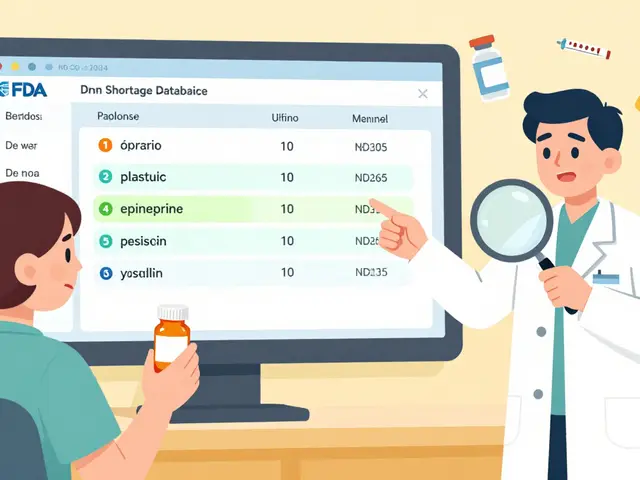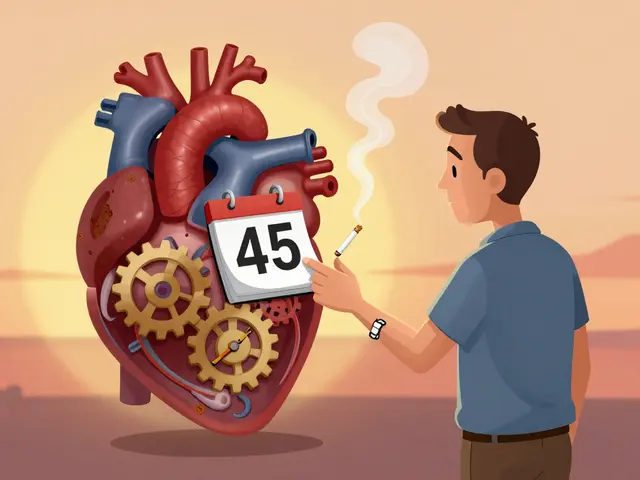Genetics – Latest Articles & Guides
Welcome to the genetics hub at BuyEmp. If you’re curious about how DNA affects everyday health decisions, you’ve landed in the right spot. We pull together practical advice, easy‑to‑follow guides, and up‑to‑date news so you can make sense of your genes without a PhD.
Featured Genetics Reads
Below are some of our most useful posts that cover the basics and the latest breakthroughs. Each article is written in plain language and includes step‑by‑step tips you can try today.
- DNA Testing Made Simple: Learn what a home DNA kit actually tells you, how to interpret risk scores, and when it’s worth sharing results with your doctor.
- Gene Therapy Explained: A no‑jargon rundown of how gene therapy works, the conditions it targets now, and realistic expectations for patients.
- Personalized Medicine Tips: Discover how genetics can guide drug choices, reduce side effects, and improve treatment outcomes for common ailments.
- Genetic Counselling Basics: Find out when to see a genetic counsellor, what questions to ask, and how to prepare for your appointment.
Each post links to deeper resources, real‑world examples, and quick checklists you can download.
How Genetics Impacts Your Health
Genetics isn’t just about rare disorders; it influences everyday things like how you metabolize coffee or respond to certain blood pressure meds. Knowing your genetic profile can help you avoid trial‑and‑error prescribing and choose lifestyle tweaks that actually work for you.
For example, people with a specific CYP2C19 variant may not get full benefit from standard clopidogrel doses after heart surgery. A simple test can flag that risk, letting the doctor adjust the medication right away. That’s genetics in action—preventing complications before they happen.
If you’re interested in taking charge of your health, start with three easy steps:
- Check whether a direct‑to‑consumer DNA test fits your goals. Look for FDA‑cleared kits if medical decisions are involved.
- Talk to your primary care provider about any family history of chronic disease. A quick genetic risk assessment can shape screening schedules.
- Keep an eye on emerging research. New gene‑based therapies for conditions like cystic fibrosis and certain cancers appear each year, and early enrollment in clinical trials may be an option.
Our tag page updates automatically when new genetics content is published, so you’ll always have fresh material at your fingertips. Bookmark this page or sign up for our newsletter to stay ahead of the curve.
Got a specific genetics question? Use the contact form on our site, and one of our health experts will get back to you with a clear answer—no jargon, just what matters to you.
As a blogger, I've recently been exploring the role of genetics in Restless Leg Syndrome (RLS). Through my research, I've discovered that genetics play a significant part in this condition, as it often runs in families. In fact, around 40-90% of those with RLS have a family history of the disorder. Scientists have identified specific genes that may be associated with RLS, which suggests that this condition is, to some extent, hereditary. In conclusion, understanding the role of genetics in RLS can help us develop better treatments and support systems for those affected by this often-misunderstood condition.





